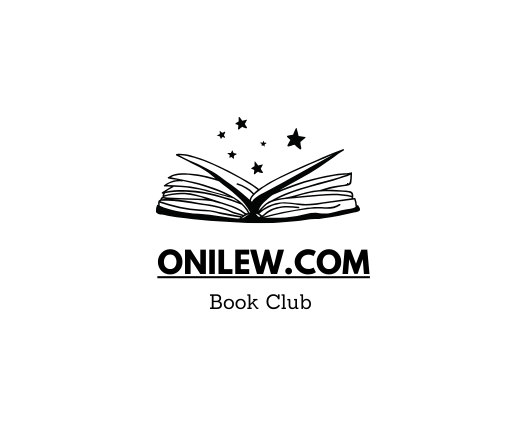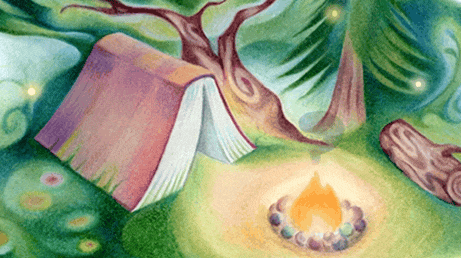“Read with the mind-set of a carpenter looking at trees,” Terry Pratchett once wrote, and before I set about the carpentry of writing, with the dawning freakout of each new deadline, one of the books I return to most often is Cynthia Ozick’s “The Puttermesser Papers.” The book, a kind of urban picaresque following a sardonic, hyper-intellectual New York lawyer through her career, violent demise, and even afterlife, is the product of an astoundingly ambitious and patient creative process. It was initially published episodically, including in The New Yorker, over the course of two decades, with the main character aging alongside Ozick herself. The result is a wild delight: a work of magical-realist, jet-black comedy, steeped in Jewish mysticism, starring one of New York’s great literary heroines, and rendered in dazzling, lapidary prose.
Soon after we meet Ruth Puttermesser (the name, Ozick tells us, is meant to evoke the German for “butter knife”), she resigns from a white-shoe law firm, where her gender and Jewishness furnish a deadpan view of the blueblood leadership’s politely veiled prejudices (“They were benevolent because benevolence was theirs to dispense,” Ozick writes), and takes a new role at the New York City Department of Receipts and Disbursements, in the bowels of a Kafkaesque sendup of city government. Puttermesser is insatiably, stubbornly intellectual: a woman, from her school years, “looking to solve something, she did not know what.” The character’s vision of Heaven evokes Borges’s Library of Babel, a space for infinite reading where she yearns to study “Roman law, the more arcane varieties of higher mathematics, the nuclear composition of the stars, what happened to the Monophysites, Chinese history, Russian, and Icelandic.” (The actual heaven she ultimately enters is, in keeping with the book’s acid sensibility, less idyllic.)
Puttermesser, and the book, serve as a eulogy for a lost strain of deep knowledge and thoughtful discourse. Ozick’s lament for the waning space afforded to big, thorough thinkers feels surprisingly timely in the era of TikTok. Nobody particularly wants Puttermesser’s naked intellectualism, nor her knowledge of the world and her roots in it: not her married lover, who walks out on her after she chooses Plato over sex, and not her dysfunctional colleagues in city government. In a dazed state of pique, she performs an ancient Hebrew ritual and creates a golem, who serves as both daughter and life coach, turning the book, briefly, into a madcap buddy comedy, and culminating in an unhinged plotline in which Puttermesser, relying on the golem’s designs, becomes mayor of an idealized, reformed New York.
This, and a succession of other capers, end in disillusionment. The golem becomes unsustainably horny, bedding much of, and ultimately bringing down, Puttermesser’s administration; Puttermesser’s one deep romantic relationship comes undone as the pair becomes enmeshed in an unhealthy pantomime of the love life of George Eliot; a Russian émigré cousin turns out to be no martyr but a crass hustler. Ozick is fixated on the encroachment of imposters and charlatans. These figures, and others representing societal decline—Puttermesser is ultimately violently murdered—suggest a darkly current world view, in which truth is in short supply and justice is ephemeral. (“Do and undo, till nothing’s true,” Ozick writes, in an epigraph that she presents as a translated ancient proverb but which is, in a sly meta-joke, actually invented.)
Ozick, who is ninety-six, is a singular voice as both an essayist and novelist, and often unsung in discussions of the male-dominated tradition of great American writers, despite her influence. David Foster Wallace, among others, cited her as an inspiration; his annotated copy of “The Puttermesser Papers” included a studied list of Ozick’s ornate word choices: “pullulating,” “pleonasm,” “telluric”! Ozick’s legacy, always obscured by sexism, has been further complicated by ugly, marginalizing statements about the Palestinian people made in the early aughts. That context, especially against the backdrop of the present agony of Palestinians, creates painful dissonance with her work’s wounded humanism—and, ironically, underscores the urgent need for it. (“ ‘Love thy neighbor as thyself’ is a glorious, civilizing, unifying sentence, an exhortation of consummate moral beauty, difficult of performance, difficult in performance,” she conceded, in one of her essays.)
“The Puttermesser Papers” is not glib. Its nihilism is juxtaposed with an aching belief in the power and beauty of the human mind, which Ozick seems to find all the more potent in the face of humanity’s inevitable downfalls. The impermanence of life and pleasure “is the heart and soul of everything in our lives. It makes ambition. It makes tragedy. It makes comedy,” Ozick said, in a 1997 interview about the book. “That is why mortality dominates our lives and also makes us write. Because we’re writing against that doom.”

